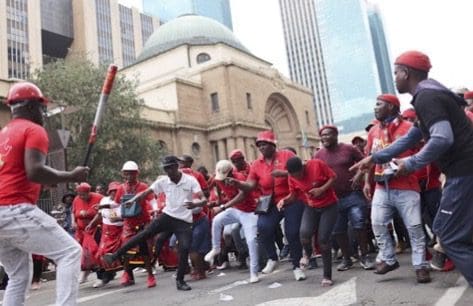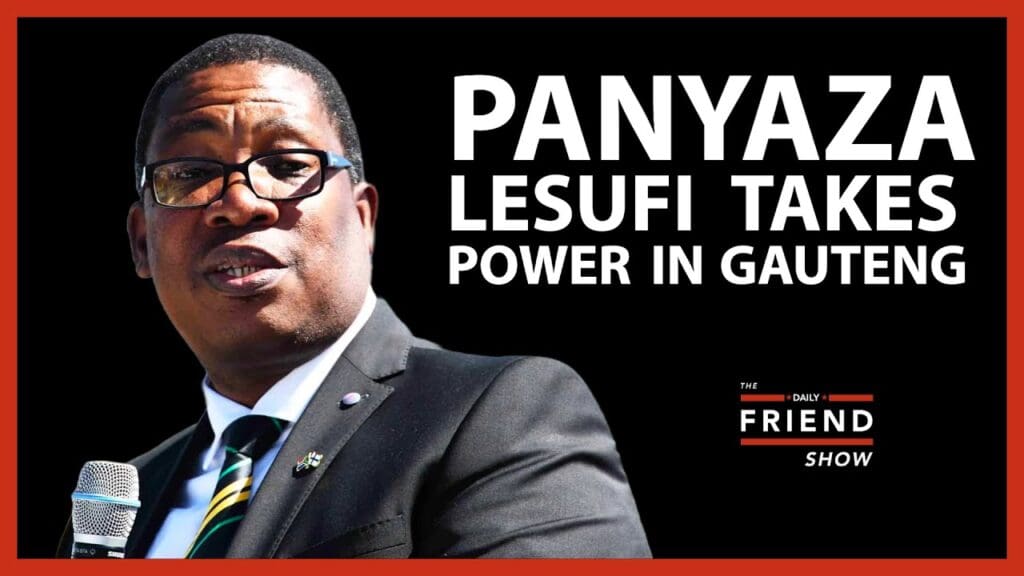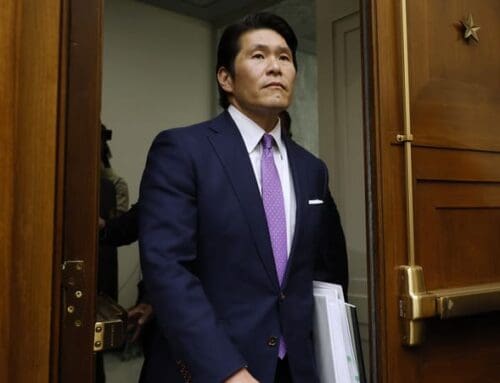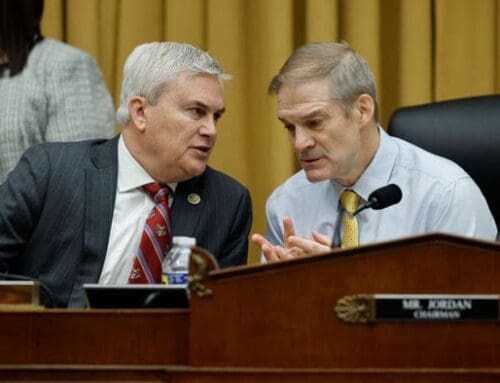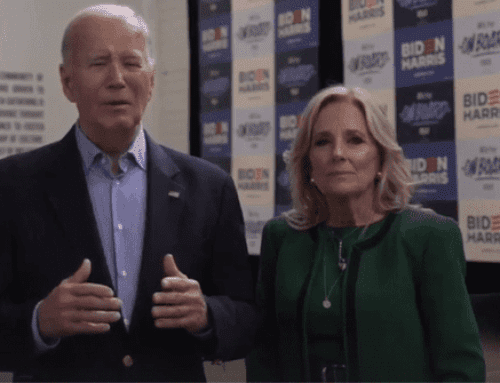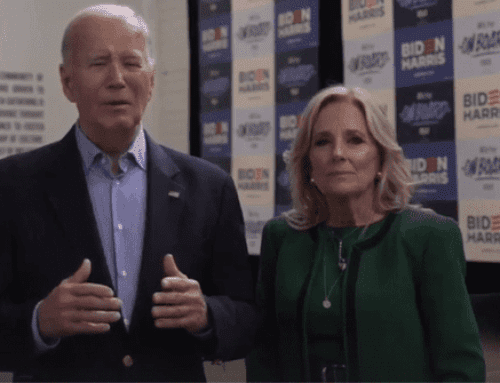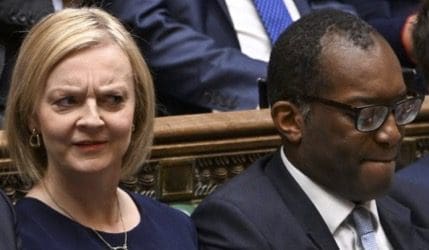

The Universal Lessons from the UK Mini -Budget and the SA Land Seizure Bill
The mini-budget in the UK that set off a market panic last week was certainly British in its setting, but the lessons of the disaster are universal and straightforward.
As the law of gravity is to physics, so there are economic parameters under which a government budget operates. The consequences of running an outsized government budget deficit, raising or lowering tax beyond a certain extent, and policies that hinder economic activity are clear. There is nothing new here and it has been repeatedly proven.
There is very little room for creativity in economic policy-making. It is all about sticking within certain well-defined limits. In the UK, Prime Minister Liz Truss and her Chancellor of the Exchequer, Kwasi Kwarteng say they wanted to defy conventional wisdom on economics to push for growth. They have instead given inflation an upward push, and contributed unsustainable government budget deficits, driven interests higher, and helped confirm that the country is very likely to enter a recession.
At least, in the face of a revolt in their own party, Truss and Kwarteng have backed down on the part of the plan which would have seen tax on the richest cut back. They are still pushing through with the rest of the plan out of arrogance and ideological commitment.
Last week South Africa took a further step in defying the rules on running a sound economy when the National Assembly passed the Expropriation Bill. When passed, this would allow the government to confiscate land without compensation. It was hardly noticed in the media or the markets, partly because it was long expected. Besides, the rand has been under pressure for years and there is little big investor interest in the country anyway.
Assets will soon be able to be confiscated without compensation under a very broad set of circumstances. The Land Court Bill sets in place a special and untested appeal system, creating further uncertainty.
Wherever governments have a free hand in the seizure of assets without compensation, years of economic decline follow. When the powers of the state are so broad, there is just no telling when and what assets might be seized. That makes local and foreign investors very scared. Look no further than Zimbabwe. The state and new owners rarely use the assets as productively as those from whom they were seized, and inevitably other disastrous policies follow.
Although there is plenty of international evidence, South Africa might still have to yet learn the consequences of land seizures.
It was left to the markets to teach Truss and Kwarteng a harsh lesson last week. What the markets were saying was that with those kinds of unfunded tax cuts, the UK will have to borrow at a higher rate, as the government budget deficit will soon be unsustainable and inflation will be higher than previously thought.
The pound was hammered and UK government bond yields rose significantly. And because pension funds are heavily invested in government bonds, there were fears that they might not be able to meet their liabilities. That forced the central bank, the Bank of England, to massively buy government bonds.
The tax cuts came on top of the freeze in energy prices from October for households for two years. This is an untargeted subsidy, so a great deal will go toward subsidising the well-off who can easily afford to take the hit from higher energy prices. The subsidy also means that households don’t have the incentive to save on energy.
The ultimate slap-down to the UK government came from the International Monetary Fund, IMF, with their elegantly worded shoot-down of the plan. “Given elevated inflation pressures in many countries, including the UK, we do not recommend large and un-targeted fiscal packages at this juncture, as it is important that fiscal policy does not work at cross purposes to monetary policy.”
Tax cuts can boost growth under the right circumstances, The Reagan tax cuts came at a time when US productivity was growing and did help boost growth. The UK cuts come at a time when the UK is facing severe constraints on growth due to Brexit, inflation is rising, and the current account and budget deficits are high.
But how did this all happen?
Truss is ideological and it is well known that Kwarteng is often not prepared to listen to expert advice. All that easily sets up the stage for economic disaster, and something similar could easily happen here. Just imagine the first acts of an ANC coalition with the EFF out to implement its mandate.
Economic stability heavily depends on the role of institutions. Yet, for all the UK’s strong institutional trip wires that should have prevented the mini-budget last week, none worked. The civil servants in the Treasury were powerless to stop it, the Office of Budget Responsibility, the official body tasked with independent assessments of public finances was not even consulted, and the Bank of England, which should also get a look at the proposed plan, were all powerless. Politicians intent on overriding such restraints can do so.
Our fortune in South Africa is that the officials in the Treasury have to some extent managed to prevent blow-it-all-type spending. If we did not have this sort of official restraint, the ANC might have brought in all sorts of untargeted giveaways like a basic income grant and larger subsidies to public enterprises years ago. Our government budget deficit is sizeable but not over the top just yet because the Treasury probably scares the ANC with warnings that if they go too far, they will have to go to the IMF.
What this UK crisis highlights is that however independent a central bank might be in law, this is easily compromised. The Bank of England had to buy government bonds to prevent the pension funds collapsing and an ensuing shock to the financial system. This massive money printing did go against its policy of tightening up to control inflation, and hence undermined its independence.
In 2020, the Reserve Bank was forced to massively intervene in the South African government bond market as foreigners rushed to get out.
In the end there are never sufficient protections against a reckless and ideological government. The problem with ideologues is that they always know better and do not back down. Despite mammoth failures in its policy towards the state-owned enterprises, the ANC has refused to reverse course. Indeed, it is now doubling down in its commitment by holding on to Eskom and refusing to put the public enterprises into private hands, introducing localisation requirements for industry, expanding black empowerment requirements, and introducing expropriation without compensation. Another big test will be whether or not the ANC actually introduces National Health Insurance and a Basic Income Grant.
The Treasury and the Reserve Bank will have mounting problems from politicians.
The views of the writer are not necessarily the views of the Daily Friend or the IRR
If you like what you have just read, support the Daily Friend
.

